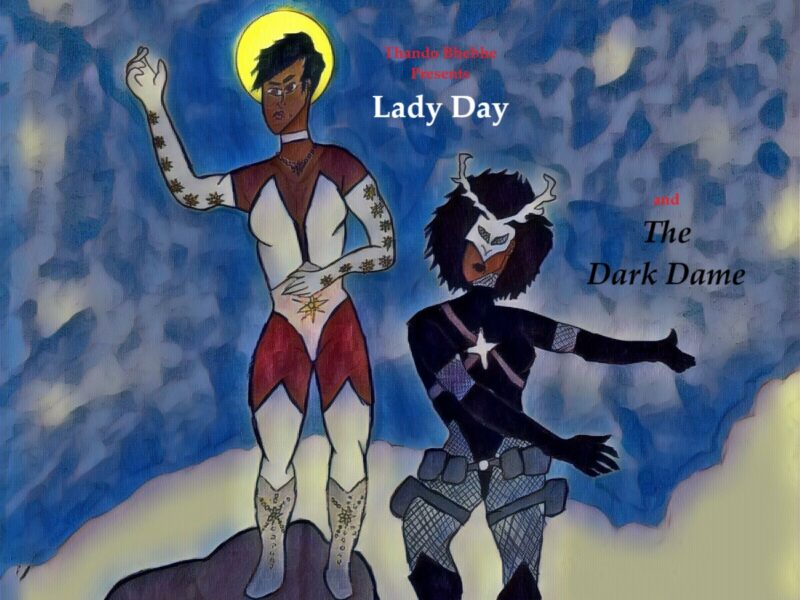You think that it will never happen to you.
This exhausted cliché has a sneaky way of working its way into the lives of the naïve, ignorant and unsuspecting, but nonetheless I still didn’t think it would happen to me- not our family at least.
I vividly remember a slightly obsessive fascination with eating disorders. I would gingerly sift through biology textbooks just to stare at the bare ribs of some self-absorbed former model sporting a desperate grimace on her pale face. How could someone just stop eating? How selfish and attention seeking could a person be? Irony surely sensed my uneducated vulnerability as a short six months later my older sister was diagnosed with anorexia nervosa, and eventually bulimia nervosa.
As a proud overachiever my sister would clean sweep athletic banquets and award ceremonies, to the point where faculty would just let her sit on the stage to save her the trip. At six foot two, she was the star of the volleyball and basketball team and was already modeling for a prestigious local agency at sixteen years old.
I can’t pin point when I started to notice she was sick, similar to the way you fall asleep every night – I know it happened, I just couldn’t recall when. I started to notice her athletic frame shriveling. She started to borrow my clothes since they were smaller. Vomit stains adorned our toilet and the occasional fainting at the grocery store became a regular occurrence. The day I came home to the cupboards and fridge frantically sealed in scotch tape, I knew it wasn’t just a phase. The last sliver of control my sister had over her mind and body was fading, her thoughts deeply fixated on self-sabotage and obsessive control. Curled up in a ball on the bathroom floor, I looked into her watering eyes and couldn’t see my sister anymore. The lights were on, but nobody was home. The deteriorating perfection my sister had desperately slaved to maintain her entire life was circling the drain.
She was circling the drain.
My parents were mostly in denial at first. My mom did her best before seeking professional help. She would arrive home weekly with an armful of “how to get your daughter to stop having an eating disorder” books from the library. She would fervently read them into the early hours of the morning, convinced that Oprah’s advice could cure anything. We watched my sister’s weight dwindle to somewhere around a hundred pounds. A simple trip to the mall would turn heads as her exposed bones coaxed judgmental gazes out of bypassing shoppers. The severity was no longer something we could sweep under the rug and my entire family sought immediate medical attention for what was left of my sister.
I dealt with it in my own way you could say, I only wish anger was an appropriate response. I slowly sunk into an all-encompassing inner rage. It got to the point where I feared going home, since I could feel my blood boil if we even shared the same room. I completely ignored her existence for two full years.
How could she do this to me, to us?
Why can’t you just eat something?
It took me nearly six years and three family councilors before I uncovered the ugly root of the anger I had towards my only sister. I was so afraid she would die that I had already began to mourn her life while she was still living. I distanced myself from her to prepare myself for her death. After years of doctors telling her that her organs were shutting down, it almost seemed inevitable- even palpable. I even knew what song I wanted to play at her funeral. I never realized my own coping mechanism of hatred and anger was detrimental to her, but I’m blessed to say after intense counseling our relationship has made a full recovery.
I would surely have my entire university tuition paid for (in full) if I had a dollar for every time I’ve been asked, but why her? There is no simple answer but all her doctors agreed it’s undeniably related to perfectionism, a trademark characteristic of eating disorders. If one aspect begins to breakdown, the loss of control causes them to seek to control other areas of life- in her case, food. She was devastated going to prom alone and the pending pressure of nursing school admission was overwhelming. The infamous final straw was when a new modeling agency told her she was “fat” and had “thighs like pickles.” The director grasped the minimal skin on her hips and continued to ask her “how could you ever consider wearing a bikini?” She cracked into a million tiny pieces, some of which she is still trying to glue back together today.
The ignorance surrounding eating disorders is disturbingly wide spread, as even medical professionals felt uncomfortable in her presence. I can’t imagine what it’s like to have doctors, friends, dates and even family tell you you’re faking it for attention. Men would simply tell her she was “self absorbed” and they could never date someone with an eating disorder. Her favorite piece of medical advice still turns my stomach, as an ignorant doctor explained, “On your way home, I want you to do something. Stop at a fast food restaurant, and eat the biggest burger on the menu.” This wasn’t exactly the diagnosis she was longing for, and she went onto a variety of other doctors that would tell her she is too skinny and just needs to eat.
It wasn’t until 2015 that she actually found a doctor open-minded enough to ask questions about her condition to try and understand more. Etched in her delicate skin are the words, “bravery and courage,” in her own handwriting as a permanent reminder of the internal battle she will continue to fight. Although she still has a long road to recovery, I am proud to say she has recently graduated from a six-month recovery program. She is learning to wear her scars proudly and has dedicated her life to self-love and forgiveness. I squeezed her extra tight as we said our goodbyes before I flew back to school and for the first time in years I could see a familiar yet dim sparkle in her eyes, almost as if her passion for life was being slowly resurrected from a painful past. Today, I couldn’t be more honored to call this strong individual my older sister. She has gone through more adversity than some will witness in a lifetime, and I am beyond grateful for her life, presence and undying commitment to regaining control.
I need people to know that eating disorders are not about food, and even in their later phases they’re not often about body image. They are a mental disease like any other, deeply entrenched in control and cannot be cured by a Big Mac or Whopper. Many who are diagnosed with an eating disorder will struggle their entire lives, yet society still seems hesitant to admit it’s a problem. Bulimia jokes still run ramped on reality TV and Saturday Night Live. Piercing conversations and tweets about people, “trying to be anorexic” still raise my pulse. Mental disorders such as anxiety, depression, bipolar disorder and OCD have made remarkable strides for awareness, yet eating disorders seemingly simmer out of control on the back burner. Many recovery programs cost $1000 per day, making eating disorder recovery facilities extremely difficult to access.
It’s going to be a fight to end the discrimination against eating disorders, but after years of shame and hiding, my sister is finally ready to share her remarkable story. In recovery she is still learning how to cope with her triggers, but lately the trembling in her voice has diminished as her strength continues to gain momentum. I can’t wait to witness her strides and accomplishments and she continues to hope her story will educate people and inspire those struggling with anorexia or bulimia to find inner strength.
If you or someone you love may be suffering from an eating disorder, immediately contact the National Eating Disorder Information Centre (NEDIC) hotline at 1-866-633-4220




